Hiroshima, Japan, commemorated 80 years since the first atomic bomb was used in war on August 6. Thousands of people gathered in Hiroshima Peace Memorial Park to pray and reflect upon the dead.
On this day in 1945, the United States dropped a uranium bomb called "Little Boy" on Hiroshima. The bomb killed about 78,000 people instantly. By the end of that year, around 140,000 had died from the explosion and radiation. Three days later, another bomb was dropped on Nagasaki. Japan surrendered on August 15.
During the memorial, a moment of silence was held at 8:15 a.m., the exact time the bomb exploded. Hiroshima Mayor Kazumi Matsui warned world leaders about the growing threat of nuclear weapons. He said today’s world is becoming more dangerous, with countries building more weapons and ignoring past lessons. He asked leaders to visit Hiroshima and understand the terrible impact of nuclear war.
Over 120 countries attended the event. But Russia, which has many nuclear weapons, did not send a representative.
Japan is the only country that has suffered nuclear attacks. Still, it has not signed the U.N. treaty to ban nuclear weapons. Prime Minister Shigeru Ishiba said Japan must lead efforts for nuclear disarmament.
Many survivors, known as *hibakusha*, are now elderly. Less than 100,000 are alive today. Their stories are seen as an important warning for the future.
A-bomb survivor groups say the world is facing a higher nuclear threat than ever. They hope younger generations will continue the fight for peace.
As white doves flew over the peace park and people laid flowers, the message was clear: the world must remember Hiroshima and work to prevent such a tragedy from happening again.

.jpg)



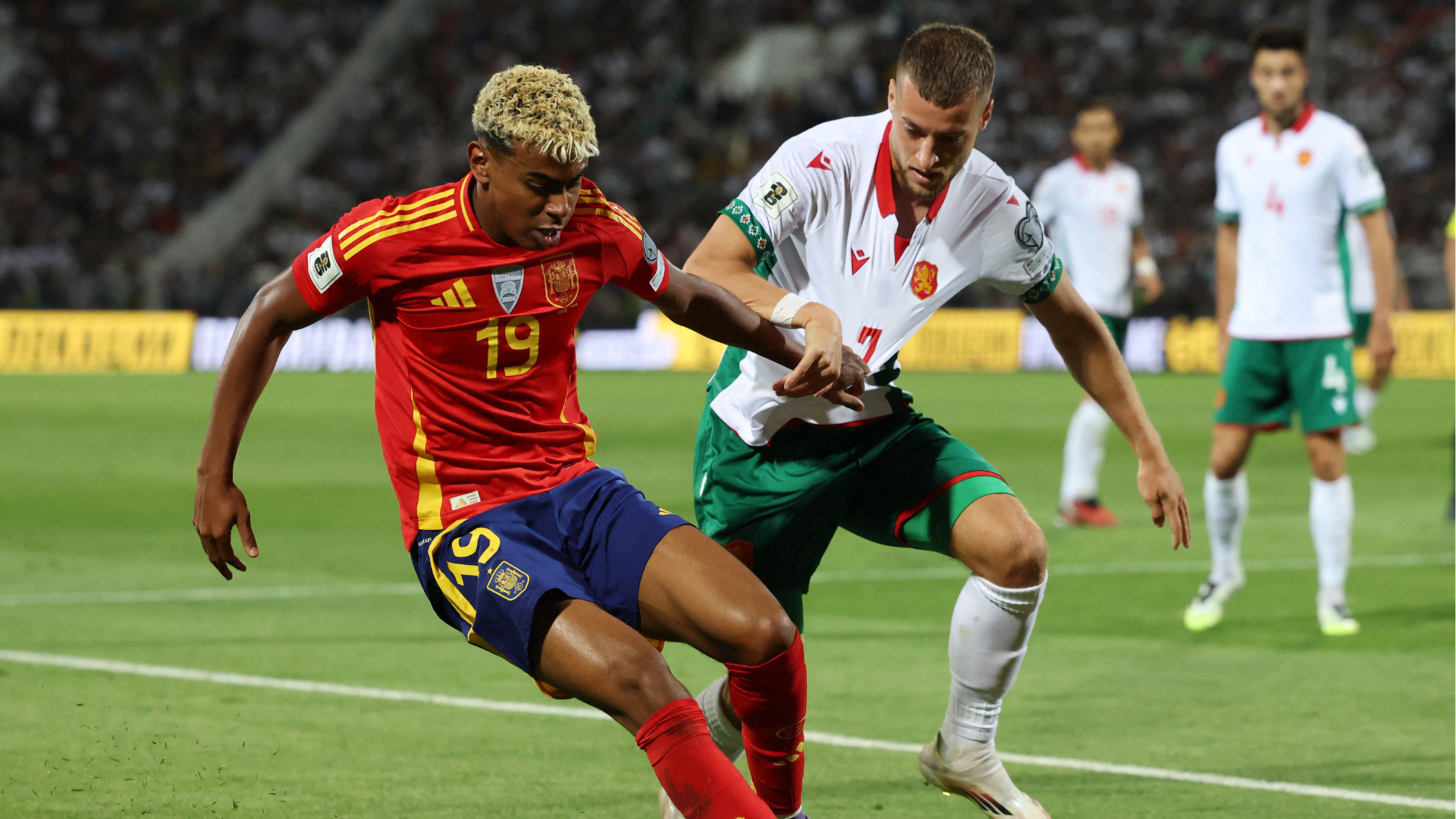
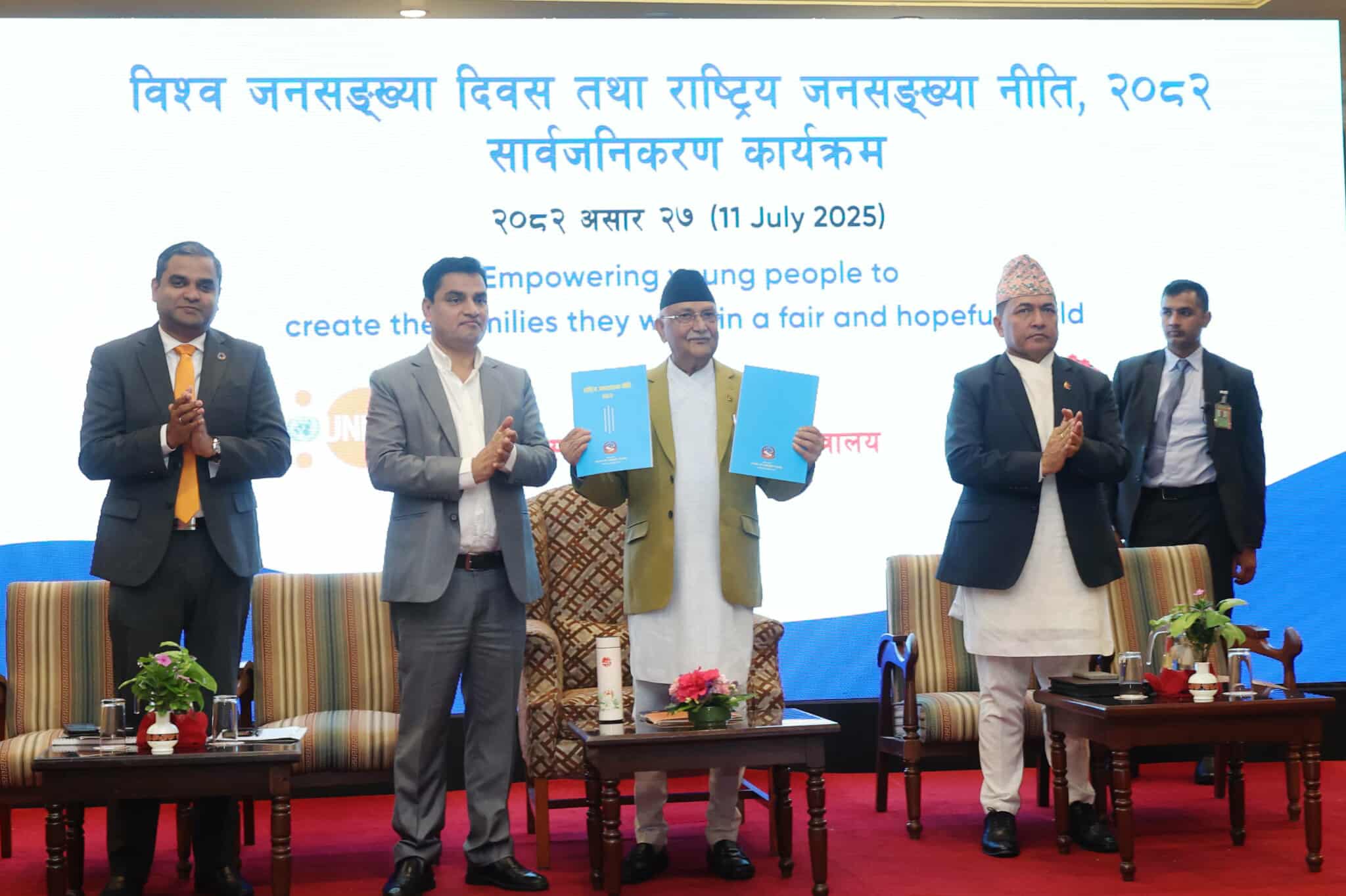
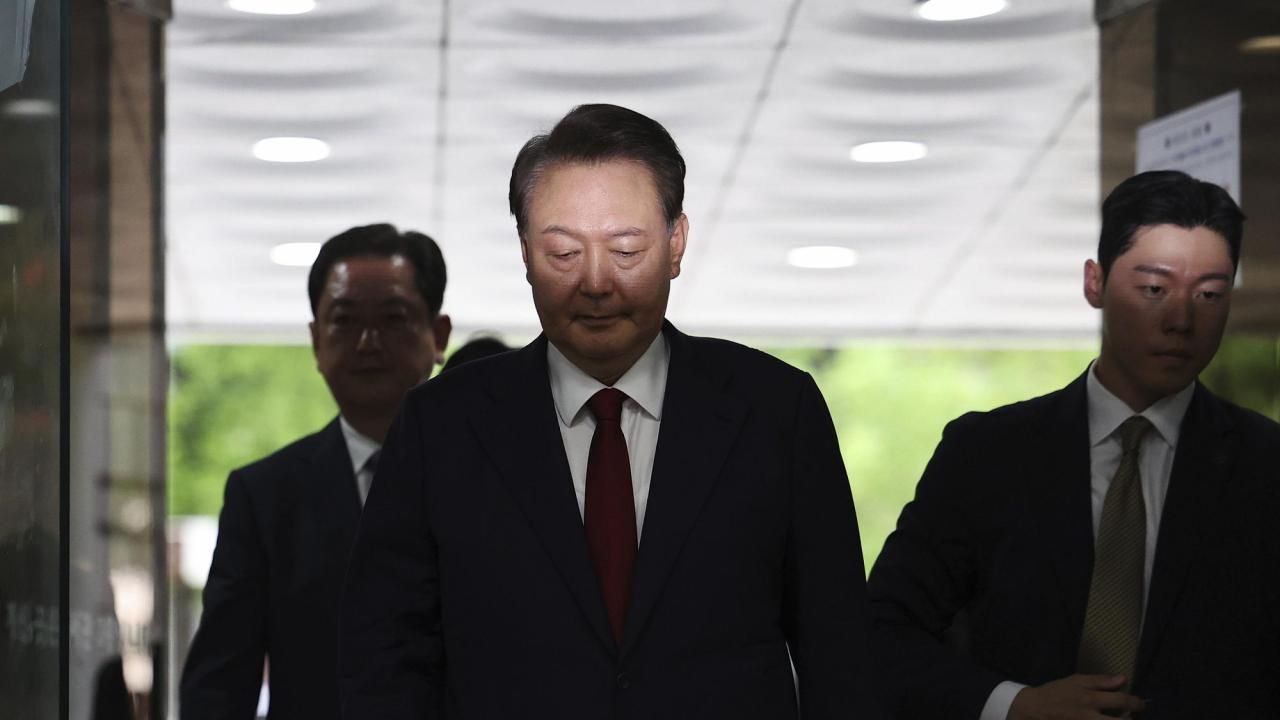
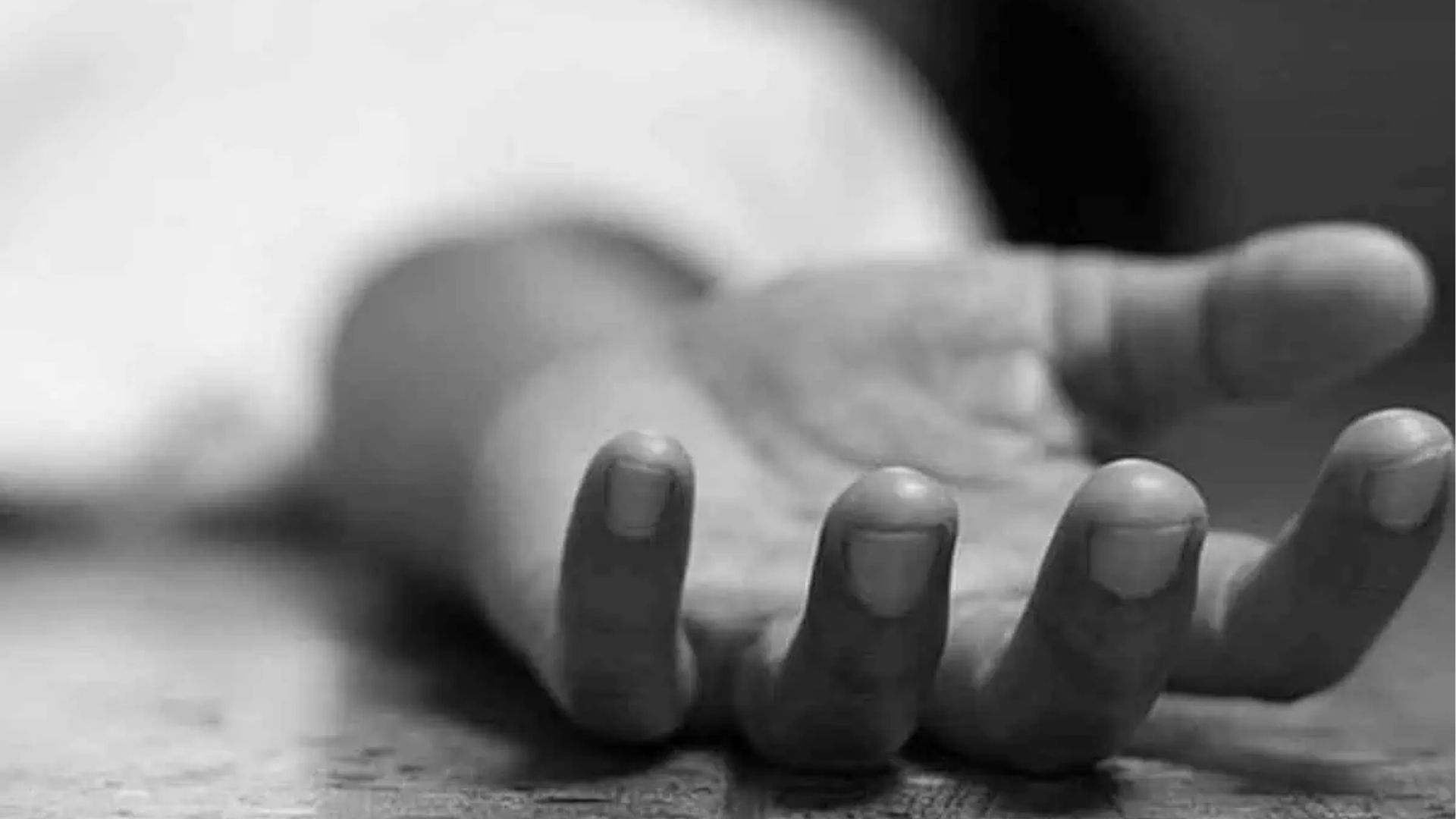

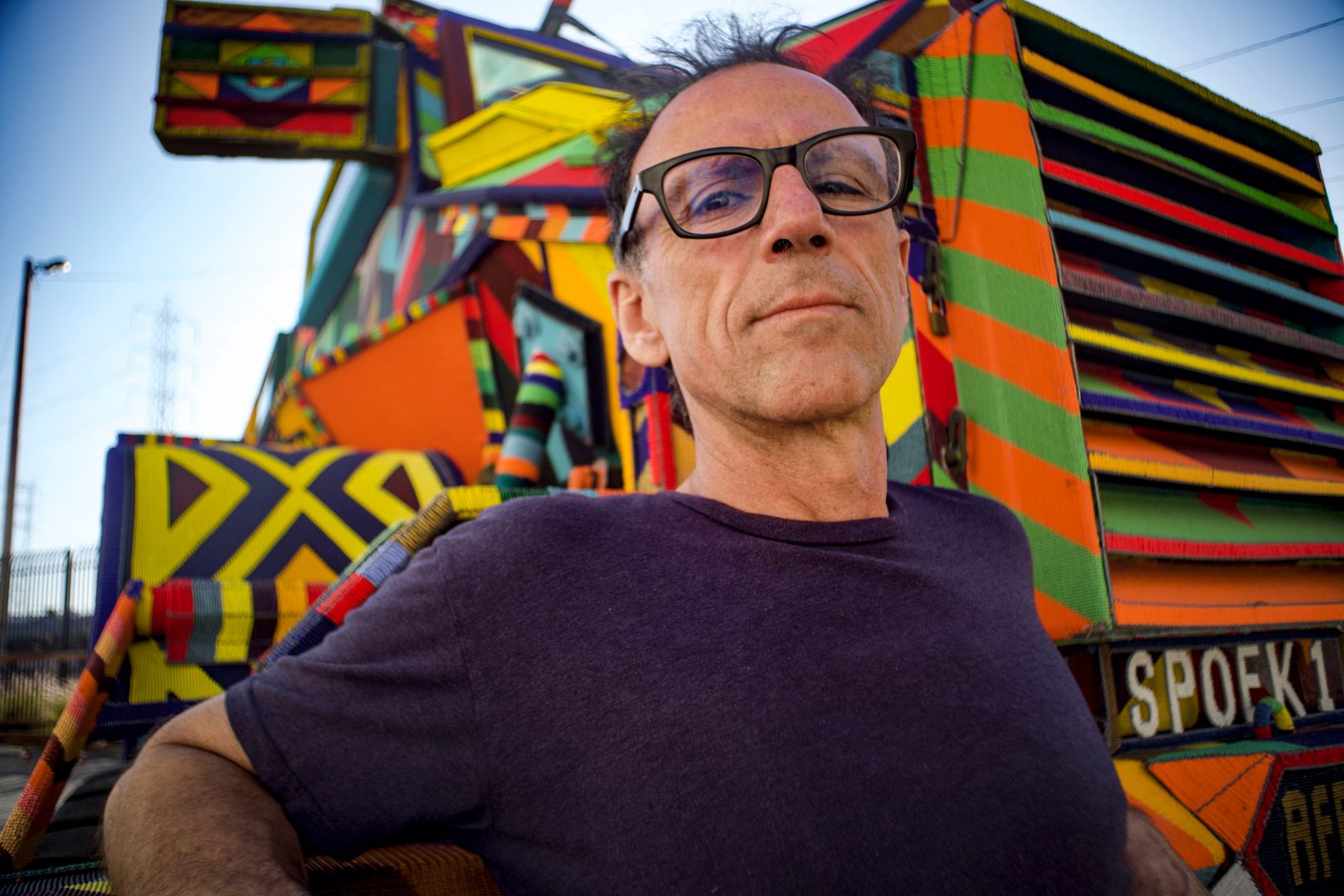
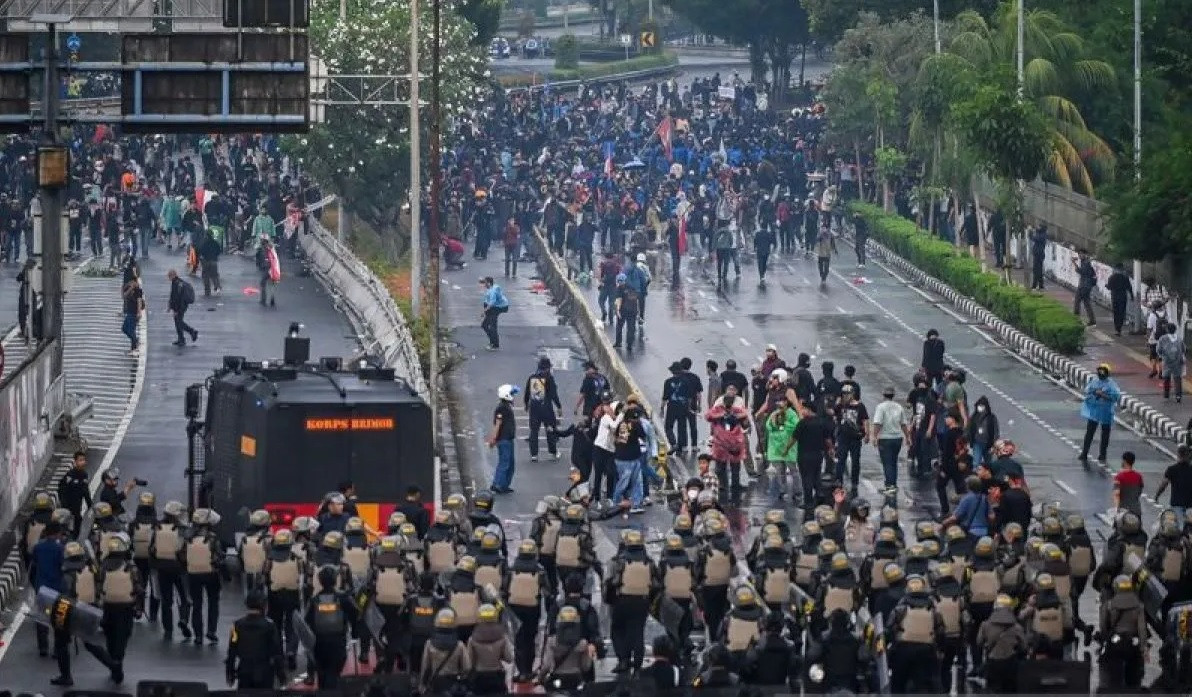
.jpg)
.jpeg)
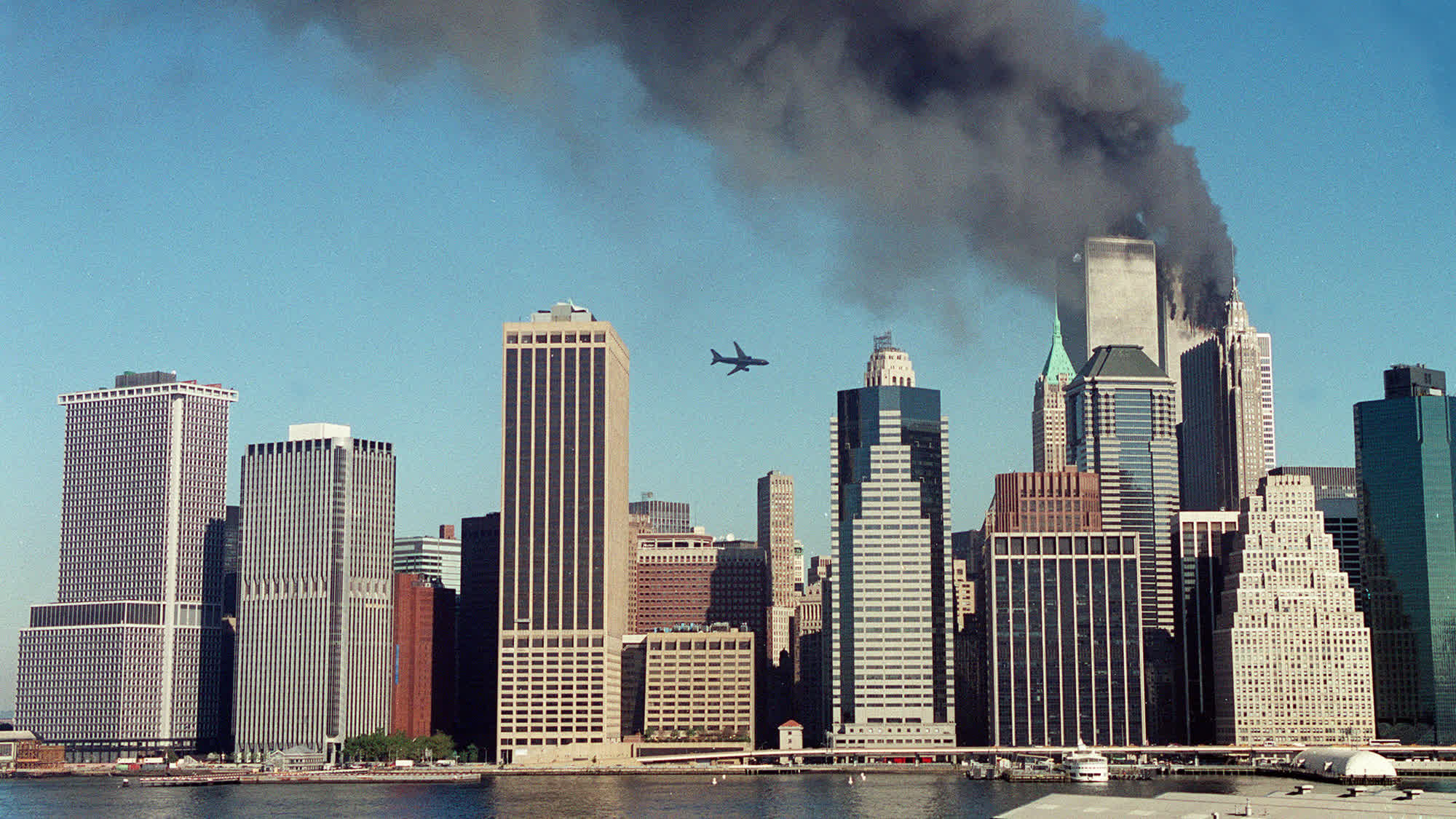
.jpg)
-(1).jpg)
.jpg)
.jpg)
.jpg)
.jpeg)
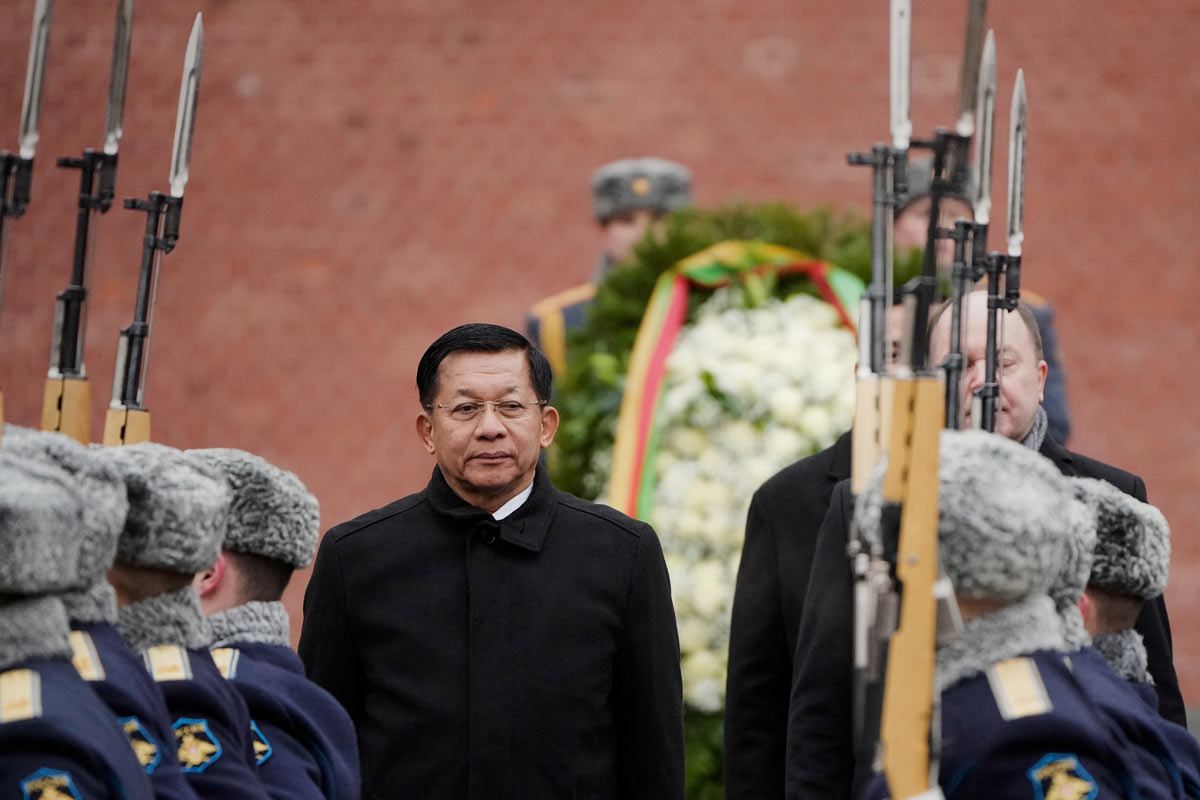
.jpg)
.jpg)
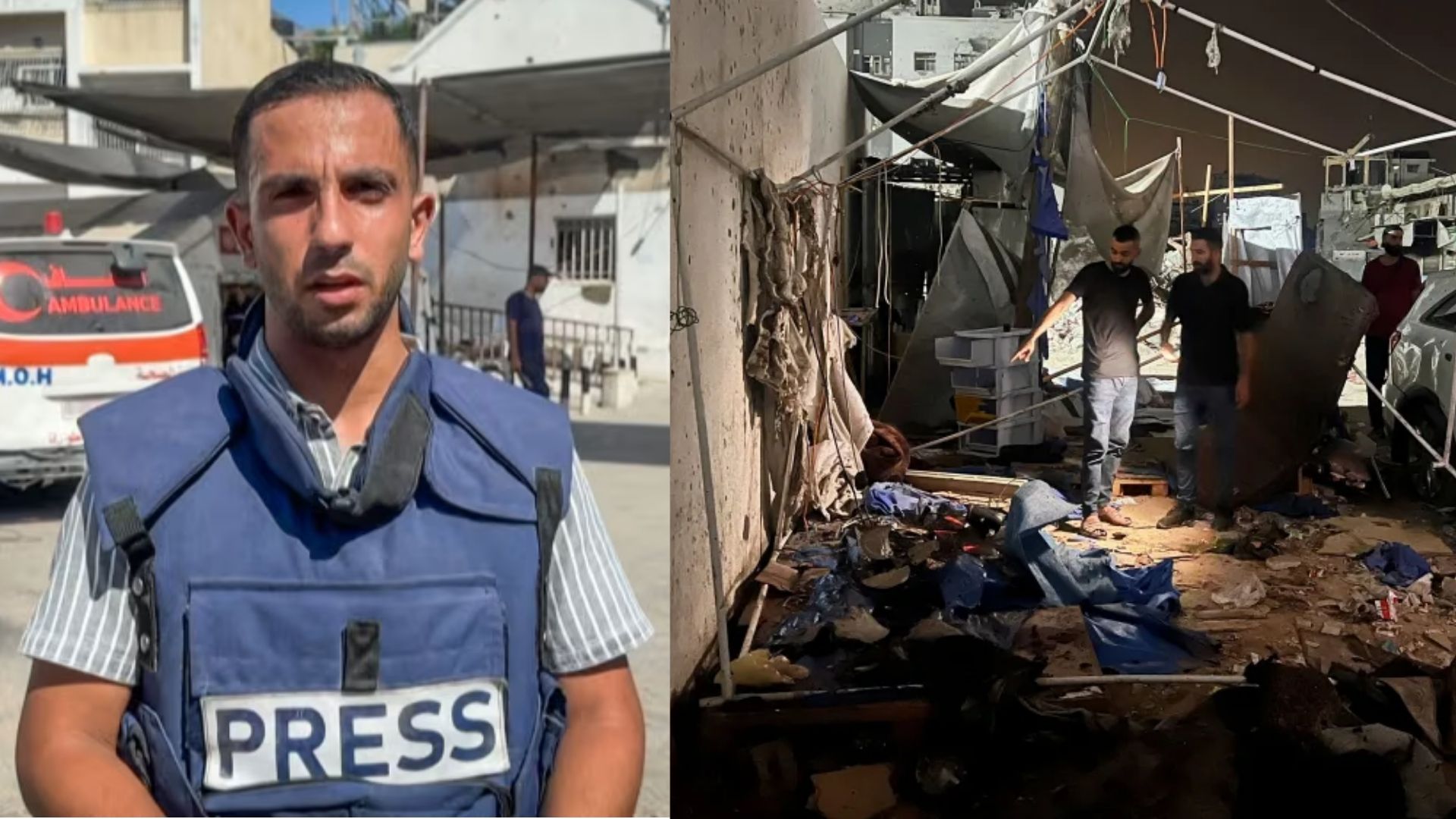
.jpg)
.jpg)
.jpg)
.jpg)

.jpg)